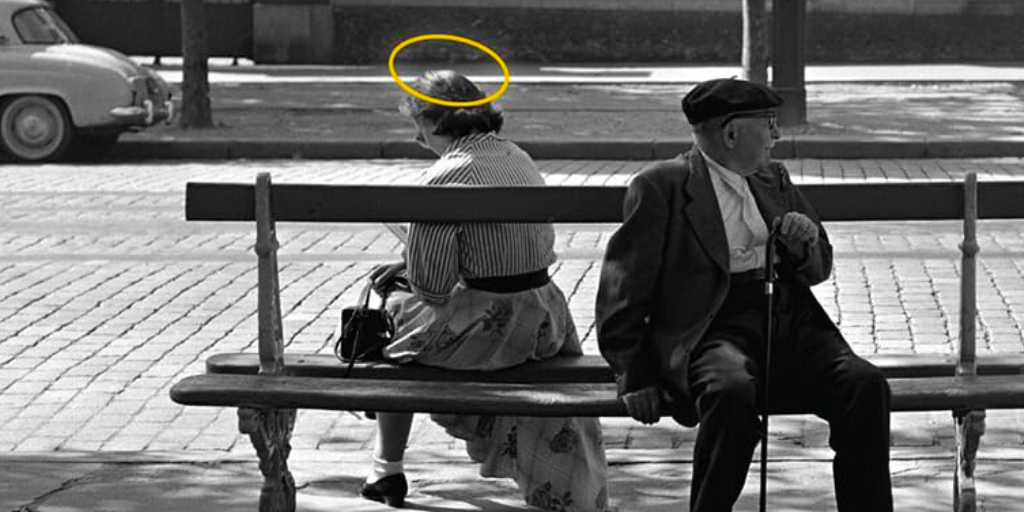
Merridith Frediani reviews a small book packed with wisdom to help readers pursue holiness with the ordinary moments of life.
The Holiness of Ordinary People
by Madeleine Delbrêl
Published by Ignatius Press
The Holiness of Ordinary People by Madeleine Delbrêl is a little gem of a book. It’s quick and easy to read and holds many nuggets of wisdom that enable the reader to pursue holiness in his or her own ordinary life. Consider:
Solitude is not the absence of the world but the presence of God. (p 23)
Sometimes silence means keeping quiet, but silence always means listening. (p 153)
To be a missionary is no more optional than it is exceptional. (p 162)
Madeleine Delbrêl was born in France in 1904. She considered herself an atheist until 1924 when she had what she described as a “violent conversion.” She considered joining the Carmelites but instead decided to work for God in the world. She died in 1964 and was declared Venerable by Pope Francis in 2018.
Being Ordinary
“We, the Ordinary People of the Streets” was her first work in 1938. She was involved with the Charity of Jesus, a group of women who referred to themselves as “a group of lay people from the suburbs” (p 19). They were aware of the “de-Christianization” of the world and knew ordinary people doing Christ’s work could help fix it.
I was drawn to this book because I, too, am ordinary. I have lived a life caring for my children and husband, trying to be a good daughter, sister, and friend, and trying to love the Lord. I am not famous, nor am I rich or sought-after for any special skills. I am living the life I was given and trying to make it worthy.
There are some whom God takes and sets apart. There are others whom he leaves in the masses and whom he does not "withdraw from the world." These are the people who do ordinary jobs, who have an ordinary household or an ordinary single life. People who have ordinary illnesses, ordinary deaths. People who have an ordinary house, ordinary clothes, these are the people of ordinary life. The people we meet on any street. (p 21-22)
The ordinary people, you and I, are those who are not drawn from the world. It is in this world where we do our work, it is where we seek holiness. It is our ordinary life that we try to sanctify,
Delbrêl saw that the world of that time, like the world at this time, was in bad shape. In 1938 France was on the brink of what would become a long and devastating war that would change the landscape of Europe. We are on the brink of a cultural war that preaches false ideology and strips the dignity of life from the pre born and the elderly. Her solution was this belief:
Every person could do something about it through "the minute and magnanimous accomplishment of our daily duty, of the duty of our state of life.” (p 30)
We may wonder sometimes if what we do matters because it is small. We aren’t those who are pulled from the world for bigger things so maybe we can’t effect change. Not true, according to Delbrêl. We are each in this place, in this time and by doing what is asked of us in our individual state of life, we can have an effect on the world.
Silence, Solitude, and Obedience
The themes of solitude, silence, and obedience are interspersed throughout the writings in this book. Solitude doesn’t have to be an hour in the Adoration chapel — although that is good. It can be found in the little moments of life: washing the vegetables for dinner, folding the laundry, waiting in the school pick up line. We have these “wells of solitude scattered throughout our day” and we have only to notice them and invite them in. God is there by our side. We just have to open our spiritual eyes.
Silence means listening. Delbrêl asks why we consider the sounds of nature — the birds chirping, the wind in the leaves, the waves on the beach — silence but not the cars on the street or the people talking and laughing. She says:
Everything is the noise of creatures that are advancing toward their destiny, everything is the echo of God’s house, in order and disorder, everything is a sign of life encountering our life. (p 155)
We encounter God in all these things if we open our spiritual ears.
Finally, obedience: being a missionary is not optional. The missionary is a captive of the life of Christ, the voice of God, and the desire to help others find this life as well. As missionaries, we serve in our ordinary way in the life in which God has placed us. What we do creates a ripple and we may never see what that ripple causes but we believe it matters. We obey Christ’s direction to make disciples despite not being withdrawn from the world. Our mission territory where God expects us to serve is our family, our friends, our workplace, our community.
I recommend this book for anyone who is trying to pursue holiness in the regular-ness of life. It is encouraging to read how the smallness and seemingly unimportant things, there is goodness and sanctity.
Be careful, therefore, to do as the Lord, your God, has commanded you, not turning aside to the right or to the left, but following exactly the way that the Lord, your God, commanded you that you may live and prosper, and may have long life in the land which you are to possess (Deuteronomy 5:32-33)
Ask for The Holiness of Ordinary People at your local Catholic bookseller, or order online from Amazon.com or the publisher, Ignatius Press.
Is this a book you'd like to read? Share your thoughts with the Catholic Mom community! You'll find the comment box below the author's bio and list of recommended articles.

Copyright 2024 Merridith Frediani
Images: (top) detail from book cover
This article contains Amazon affiliate links, which provide a small compensation to the author of this piece when purchases are made through the links, at no cost to you. Thank you for supporting our Catholic Mom writers in this way.
About the Author

Merridith Frediani
Merridith Frediani loves words and is delighted by good sentences. She also loves Lake Michigan, dahlias, the first sip of hot coffee in the morning, millennials, and playing Sheepshead with her husband and three kids. Merridith writes for Catholic Mom, Diocesan.com, and her local Catholic Herald. Her first book, Draw Close to Jesus: A Woman’s Guide to Adoration, is available at Our Sunday Visitor and Amazon. You can read more at MerridithFrediani.com.


.png?width=1806&height=731&name=CatholicMom_hcfm_logo1_pos_871c_2728c%20(002).png)
Comments